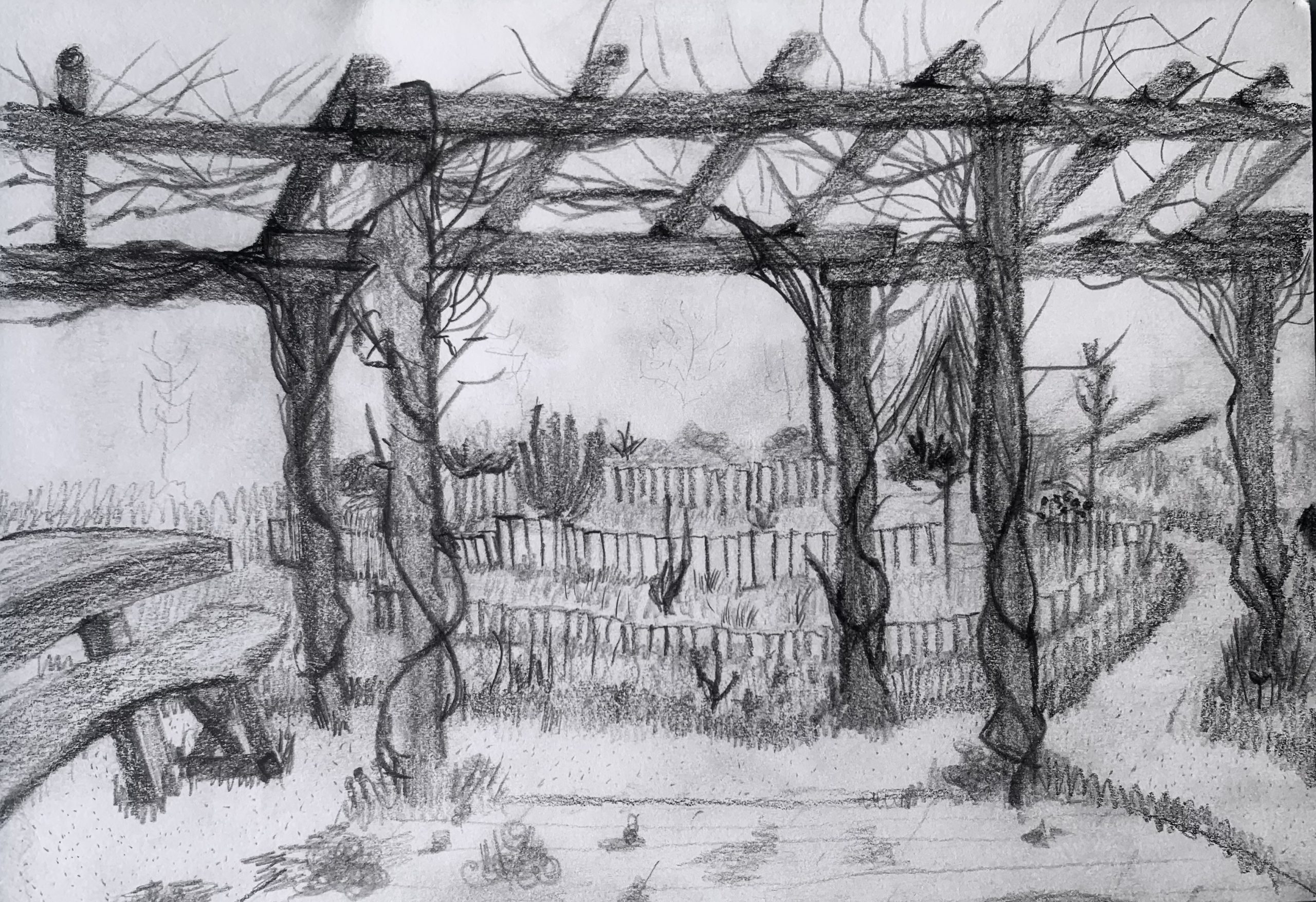
Pioneers of the Future: How the Environmental Ethics of the Food Forest Volunteers Shaped the Interplay Between Anticipation and Hope.
As part of my Master’s in Cultural Anthropology: Sustainable Citizenship (2024-2025), I spent three transformative months conducting fieldwork in a food forest. This thesis, born from that experience, explores the metaphor of “pioneers”—individuals and plant species alike—as catalysts for ecological succession and societal change within these sustainable ecosystems.
Drawing upon the fields of anthropology of the future and anthropology of sustainability, the research examines how these pioneers embody a link between environmental ethics and the imagination of a sustainable future. By studying the interactions between volunteers and their natural environment in food forests, the thesis illustrates how sustainability becomes an ontology—a way of being that reflects a respectful and harmonious engagement with nature. The study highlights the need for fresh ideas and approaches to reshape our connection with nature and redefine our place in the world for a truly sustainable future. In the context of a food forest in which the future has become vulnerable due to new construction plans, the concepts of hope and anticipation are explored as important factors in inspiring action and pragmatically enacting the future, with a focus on the balance between the two. The thesis concludes by suggesting further ethnographic engagement with the natural world, particularly plants, to deepen our understanding of sustainability and the future, uncovering deeper connections and similarities between human society and the environment.
“I describe Nature as love, because it just constantly – it doesn’t let go of us. It stays around and when we mistreat it tremendously and when we just put these monotonous bushes – then it still tries its best. And if we say, ‘well, we think now that it should become plantations,’ then it will also do its best.”
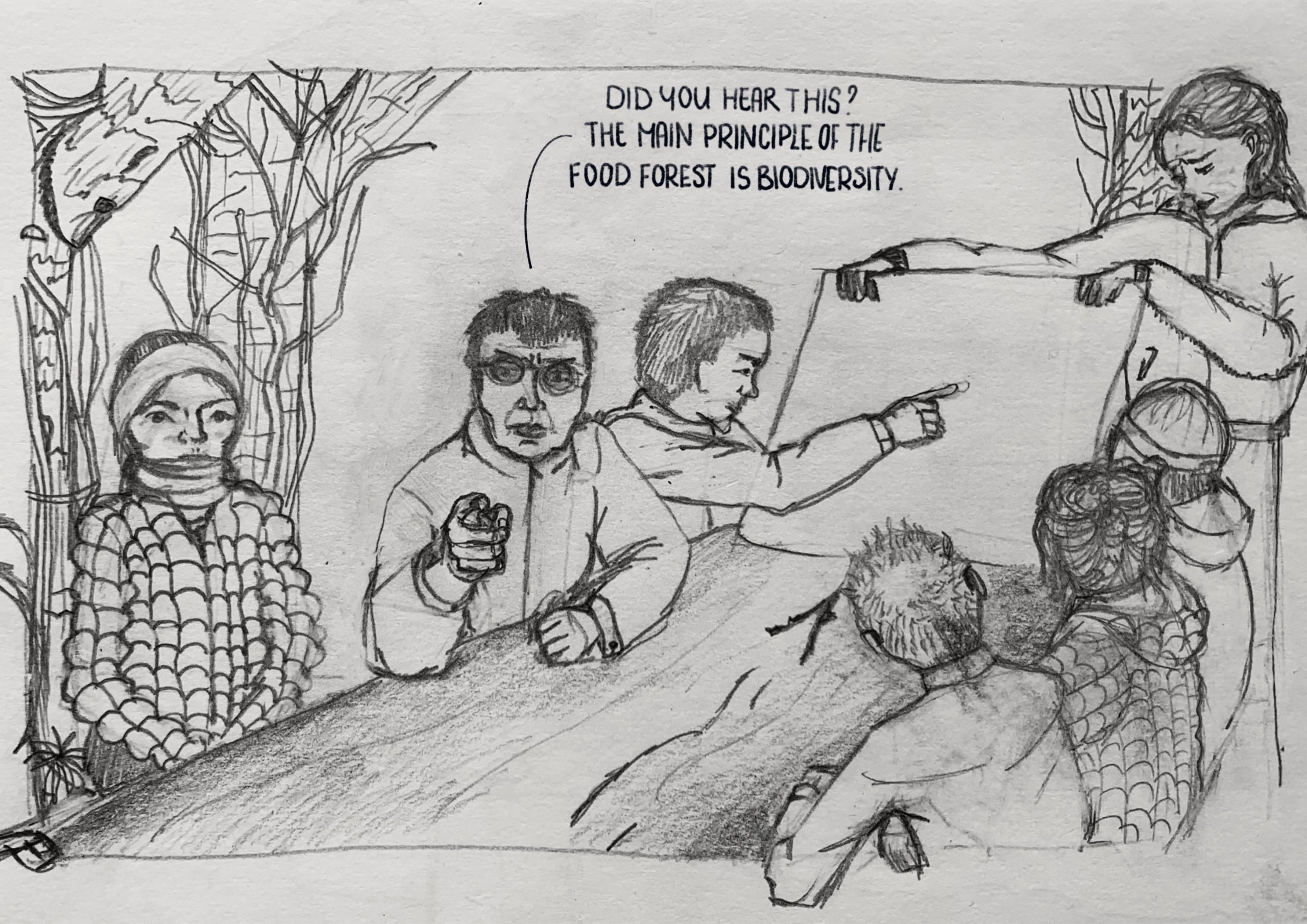
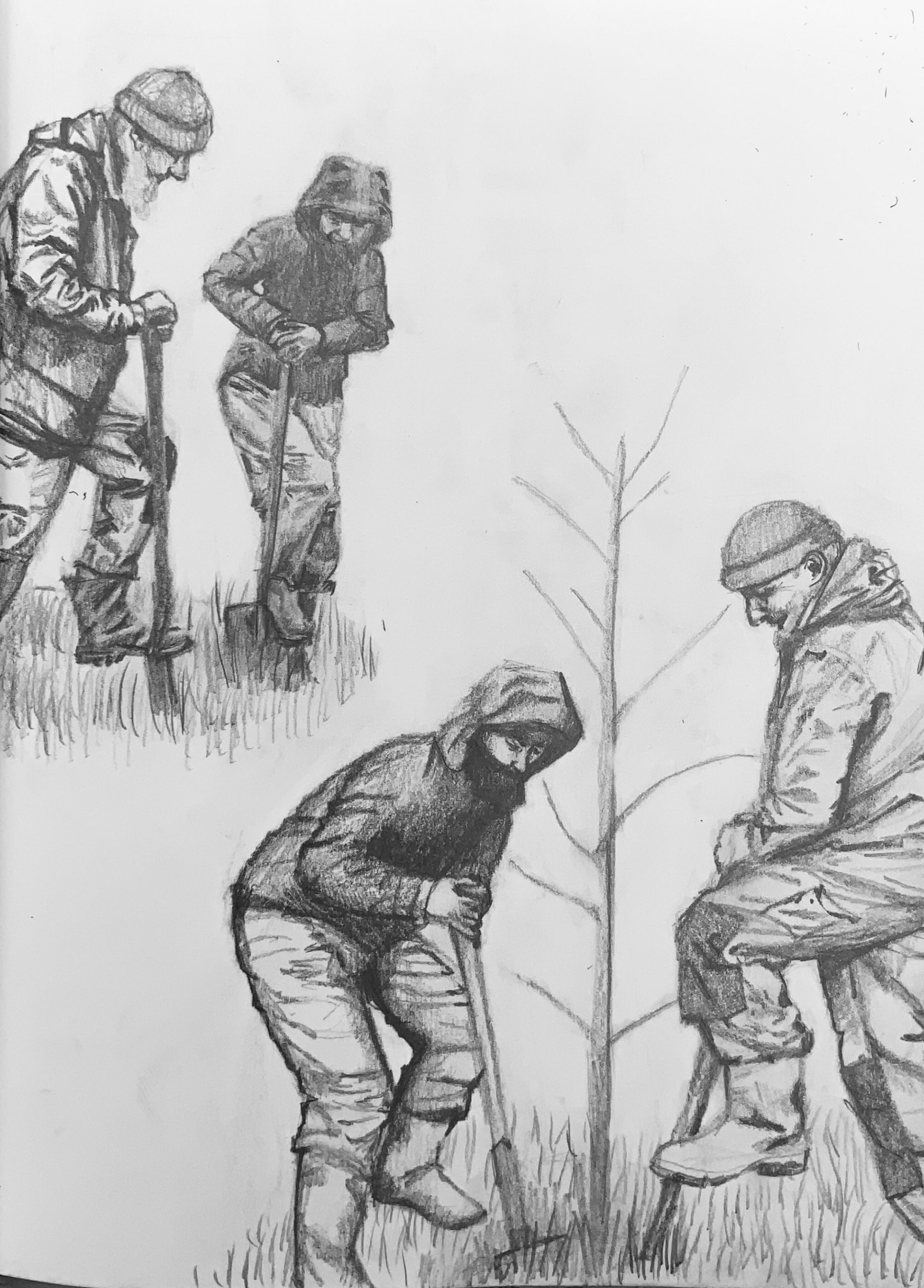
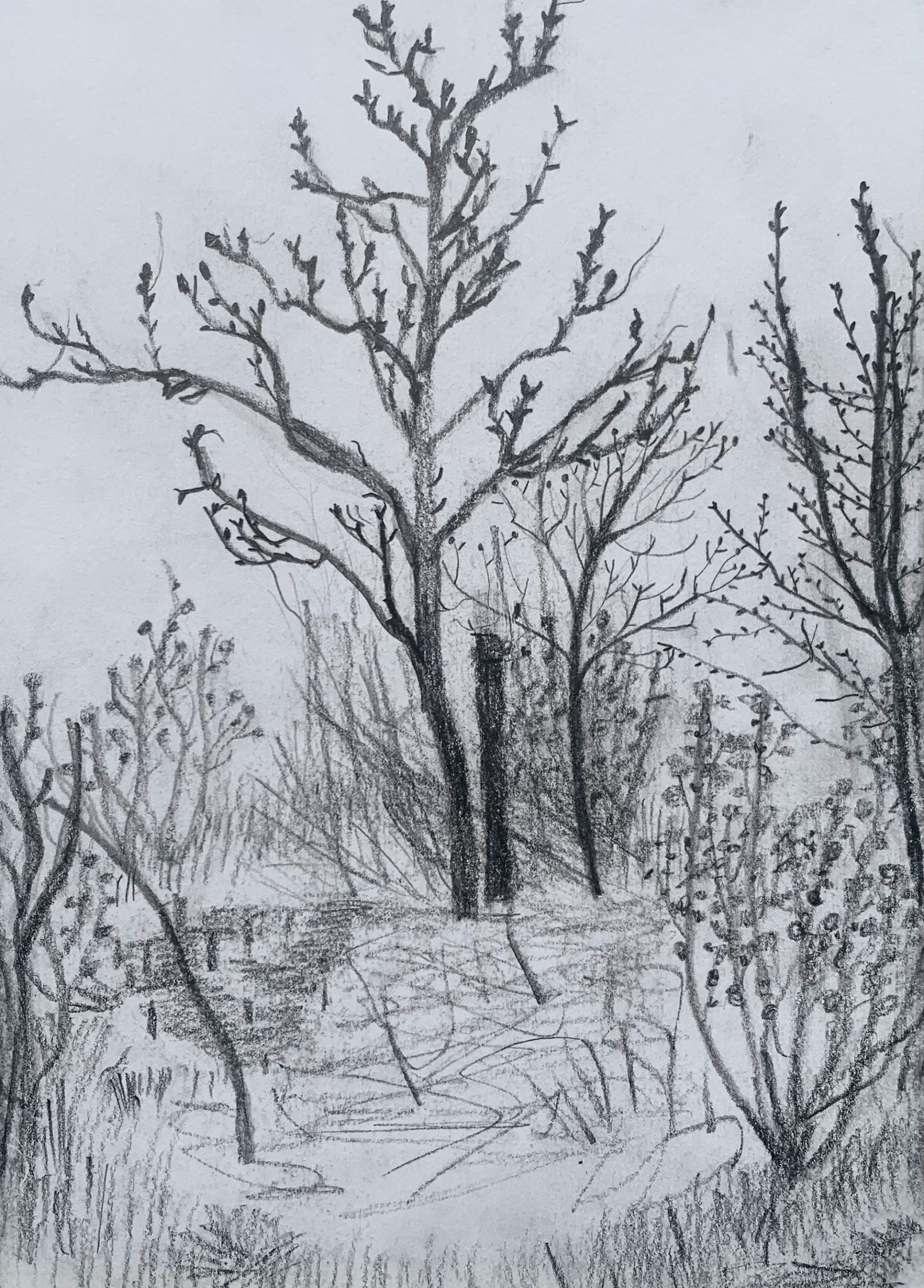
Table of Contents
Acknowledgements 4
Introduction 5
From Sustainable Production to Sustainable Beings 7
The Future As an Ethnographic Subject 8
Anticipation and Hope as Strategies for Dealing with the Future 8
The Field and Population 10
Methodology 11
Ethics and Positionality 14
Outline 15
Chapter 1: ‘I Am Nature.’ 17
Monocultures 18
Food Forests as the Alternative 19
‘Now Farmers Are Way Too Specialized.’ 21
Dedication to Permaculture in The Oogstbrigade 22
Designed Nature 23
Nature is Love 23
Embodied Experiences of Nature 24
Conclusion 25
Chapter 2: Anticipating 26
Construction Boom 28
‘If I wanted to work in fragmented municipal plots (snippergroen) I would have
stayed in Amsterdam.’ 29
Louise 29
Anticipating an Untrustworthy Government 32
Conclusion: ‘This is no balance.’ 35
Chapter 3: Expanding the Imagination. 39
“The Surprising Powers of a Food Forest.” 40
“I won’t let myself slip into that fear.” 41
Voorleven 43
“Permaculture is a revolution disguised as gardening.” – Bill Mollison 44
Spiralling Outwards 45
Conclusion 47
Conclusion: The Pioneers of the Future 49
Bibliography 52




Leave a comment